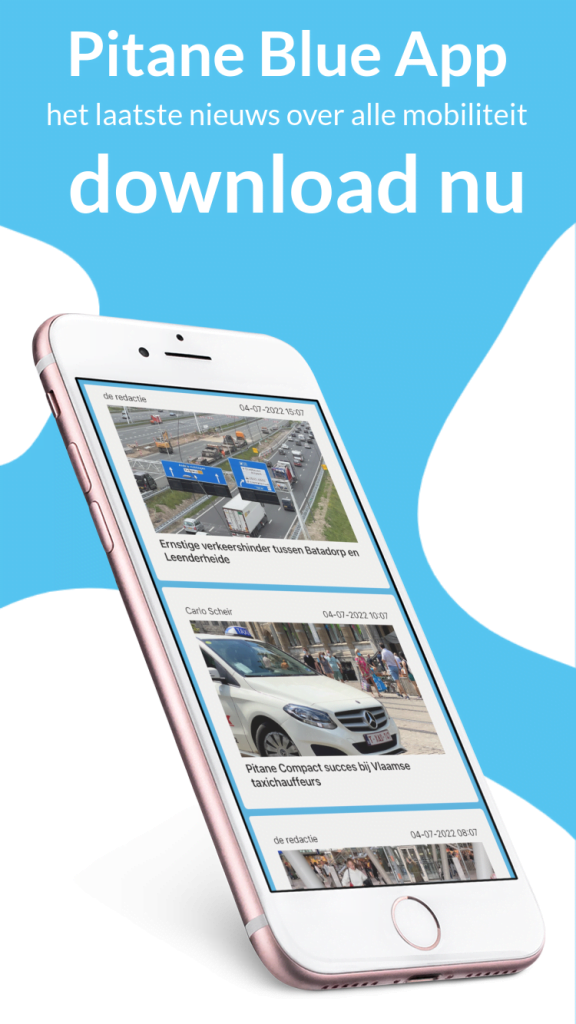What contribution do the members of the RAI Association make towards healthy and sustainable mobility and what can the government do to support them in this? This question was central during a working visit by Member of Parliament Daniel Koerhuis. At the VVD party, he is responsible for the Infrastructure and Water Management dossier, which also includes mobility. The working visit took place at Dusseldorp, a BMW dealer in Apeldoorn. Sustainability and electrification also play a central role at BMW as a brand and manufacturer.
The discussion focused on car mobility and the role that tax in particular plays in the transition to zero-emission driving. After all, this week is Budget Day, a time when important decisions are made about car taxes every year. “Keeping mobility affordable is especially important for the VVD in these times,” says Koerhuis.
A relevant aspect is that government policy is technology neutral. The government sets goals (what), then industry can achieve these goals in the best way (how). On the table was the greater role that plug-in hybrid vehicles, but also hydrogen-electric propulsion and renewable fuels can play in the transition phase to zero-emission mobility. BMW continues to develop hydrogen technology and although the majority of BMW models sold in the Netherlands are fully electric models, the plug-in hybrid continues to play an important role. The importance of maintaining the BPM exemption on delivery vans; and why a CO2 component can be good when paying according to use were discussed.
A valued part was the tour of the workshop and dealer area, during which Mr. Koerhuis was introduced to the practice of selling, maintaining and repairing electric vehicles. The working visit is part of an ongoing dialogue that the RAI Association is initiating with members, politicians and civil servants about the path to healthy and sustainable mobility. RAI Association.



